Isaac Newton predicted the world will end in 2060
By Larry Getlen
September 1, 2018 | 10:38am

Among Newton's odd experiments were staring at a solar eclipse and wedging a needle behind his eyeball.NY Post composite/Mike Guillen
Isaac Newton was a legendary scientist best known for establishing the laws of gravity. But in his free time, he dabbled in experiments worthy of Voldemort.
Like the “Harry Potter” villain, Newton actively sought the philosopher’s stone, a mystical tool that allows mere mortals to turn any object into silver or gold, and has the power to grant eternal life.
In his new book, “Isaac Newton: The Asshole Who Reinvented The Universe,” author Florian Freistetter depicts Newton as a thoughtless genius with no social skills and a harsh demeanor who, despite his scientific acumen, was also devoted to alchemy.
“Alchemy was . . . not merely a hobby [for Newton],” he writes. “If anything, it would be closer to the truth to call Newton’s research into physics a ‘hobby’ that he fitted in between his theological and alchemistic studies.”
Newton was so obsessed with this hocus pocus that he built his own chimneys and furnaces for conducting experiments. He considered the pursuit of alchemy so sacred, he never spoke about it in public, writing about it only in code.
Here’s one example of his writings:
“This red powder is accordingly Flamel’s male wingless dragon, for after it has been extracted from its normal powder, it is one of the three substances out of which the bath of sun and moon is made.”
Newton kept his alchemical recipes deliberately confusing. His recipe for a philosopher’s stone that supposedly multiplied gold contained ingredients like “fiery dragons,” “doves of Diana” or “eagles of mercury.”
“One might expect to find such words in muddled texts by would-be medieval magicians. Yet they are by Newton,” Freistetter writes.
“Newton saw alchemy as just another way to understand the universe,” Freistetter added in an interview with The Post. “He was convinced that the true god is present everywhere, not only in spiritual form but also in substance. Thus, there had to be some sort of ‘divine matter’; some fundamental part of matter that would allow the transformation from everything into everything. For Newton . . . the study of alchemy was as important and serious for him as . . . science.”
There were signs early on that Newton, born in January 1643 in England, would not take a traditional path through life.
“Newton was a strange and awkward chap from the very beginning,” Freistetter writes in the book. “‘What shall become of me? I will make an end of it. I can only weep. I do not know what to do.’ He wrote these depressing lines in his notebook while still a youth.”
With his father dead before his birth and his remarried mother sending him off to live with grandparents, Newton, smarter than his peers, lived an isolated young life.
A diary he wrote at 19 contained many entries typical for a young man his age — admitting he was guilty of “peevishness with his mother,” for example — but also lines about “wishing death and hoping it to some” and “threatening my father and mother Smith to burn them and the house over them.”
As he embarked on a scientific career, he sacrificed way more than most in the search for ultimate truth. “Right from the beginning, Isaac Newton ticked all the boxes as a mad professor,” Freistetter writes, noting that the young scientist slept three or four hours a night and barely ate.
“As a young man, he stuck a needle in his eye in order to find out more about the nature of light . . . Newton stuck the thing between his eyeball and the socket in such a way that he could press the eyeball from behind with the tip of the needle. He was thus able to change the shape of the eyeball and observe the effect this had on his visual perception. He saw rings of differing sizes and colors that changed when he moved the needle but disappeared when it was still.” This was just one risk Newton took with his eyes; he also stared as long and hard as he could into a solar eclipse to determine the effect on eyesight.
“He survived all of these self-experiments without losing his sight and was deeply fascinated by the effects that arose,” Freistetter wrote. “If he stared at the sun for long enough, he could later still see after-images and curious colors that were obviously not real. Despite the interesting fruits of his research, Newton was actually slightly concerned about his eyes and locked himself away in a completely darkened room for three days, only reemerging when they were working normally again.”
Meanwhile, Newton got deeper into alchemy, choosing the pseudonym Jehovah Sanctus Unus — or “holy god” — to use among his fellow practitioners. He even dared to predict when the world might end.
Based on extensive studies of biblical texts, he estimated that the world would “reset” in 2060, when “the Kingdom of God” would prevail on the Earth, Freistetter writes. Meanwhile, Newton castigated other doomsday prophesiers for foretelling a more imminent apocalypse.
“It may end later, but I see no reason for its ending sooner,” Newton boldly proclaimed.
“Newton spent a great deal of time with the study of religious texts and tried to build a chronology of past events to get all those stories sorted and into . . . order,” Freistetter says. “He was convinced that future events were already ordained by god. From the Bible, Newton extracted some ‘prophetic’ time periods. For him, 2060 [would be] a new beginning; maybe accompanied by war and catastrophes but ultimately the start of a new divine era.”
Newton died in March 1727. While his fascination with alchemy shows a slightly loopy side of the scientist, Freistetter says it shouldn’t detract from his reputation — or his legacy — as one of the world’s greats.
“Newton was a genius like no other,” Freistetter says. “No man before or after, with the possible exception of Einstein, has changed our knowledge and view of the world so fundamentally as Isaac Newton. He showed us that the world is understandable; that there are such things as natural laws and that they can be formulated in a precise, mathematical fashion. He made modern science possible.”https://nypost.com/2018/09/01/isaac-newton-predicted-the-world-will-end-in-2060/
再生核研究所声明 114(2013.4.20): ああ 人類最後のとき — 世界史を回想、評価する
(本声明は 2013.4.13: 8時半頃、研究室に向っているとき、電光のように閃いて 構想が広がったものである)
声明
再生核研究所声明86: 未だ おめでたい人類 - 先史時代
で述べているように、人類の絶滅は 地球の運命と共に避けられないだろう。そこで、生命の代表である人類が、大いなる意志を 再生核研究所声明 32:夜明け ― ノアの方舟 のように働かせるのは 最も崇高な人類に課せられた義務である。 しかし、人類が最も大事なことに気づかず(再生核研究所声明13: 第1原理 ― 最も大事なこと)、偶発的な戦争や人口増大、環境汚染、急激な感染症や地球環境の変化で、人類の絶滅を招く危険性は 高いと考えるべきである。
しかしながら、人類の生存には 少しは先がある と考えるのは当然としても、大いなる生命の、すなわち、元祖生命体(再生核研究所声明 36:恋の原理と心得)の 細胞的な存在 である個々の人間の終末は、そんなに遠いものではない。そこで、人類の歴史の終末と己が最後の時を重ね合わせ、想いをめぐらし、生存期間の充実を大局的に思考すべきである。
何が、世界史で評価されるべきであろうか。地球外生物は 人類の歴史をどのように評価するだろうか?
彼らは、まず、人類が 生命をどのように捉え,人生をどのように捉えたかに注目し、お釈迦様を以て、人類を高く評価し、科学面では ニュートン、アイインシュタインを以て人類のレヴェルを評価するだろう。数学の発展については、オイラーの公式の発見を以て、人類の高い智性を認めるだろう。さらに日本歌謡界のレヴェルの高さに感銘して、美空ひばり様の歌など、生命の切なさを歌い上げたものとして、上記に劣らない高い評価を下すだろう。人類の芸術についても 深い理解を示すだろう。しかしながら、異なる感性、感覚を有する地球外生物にとっては、人類の世界史の理解を まずは 人類が得た数学の全体の理解から始めるだろう。数学こそが、生命活動の客観的な表現と言えるからである。人類が得た手段、電波、原子力、計算機、人類の成した 衛星月に到達し、太陽系外にメッセージを送った事実は顕著な記録となるだろう。
この声明の趣旨は、人類の歴史に想いを寄せ、世界史の進化を促し、個々の、自分の人生の意義を確認して、自分たちの世界史の評価と自分の人生をきちんと捉えて、後悔の無い充実した人生を送くろうと志向することにある。
島争いや、敵対行為など 野蛮な世界を抜け出して、夜明けを迎えたい。
再生核研究所声明 41: 世界史、大義、評価、神、最後の審判
を参照。また各人が、おのおのの世界観で この種の展望、評価を行ない,纏めることは意義あることであると考える。
(再生核研究所声明は 将来バイブルのようになるだろう。なぜなら、お釈迦様以来、 人生、世界全般の在り様について 分かり易く、簡潔に、述べられた文献は 世に稀だからである。)
以 上
再生核研究所声明 119 (2013.5.18): 冷酷な神々、自然 ― 見捨てられた 人類
これは 宗教上の神々を意味せず、人類を助け、救ってくれるような存在は無く、人類の生存の可能性は ひとり 人類の努力に任されていると言うことを表現したものである。
声明
再生核研究所声明86(2012.4.25): 未だ おめでたい人類 - 先史時代:
人類は 自然を大事にして行けば、生存を続けて行けると ぼんやりと思っているのではないだろうか。 人類の生存を保証してくれる 何かが存在して、守られていると感じているのではないだろうか。
しかしながら、ニュートン以来の 近代科学が明らかにした事実をみれば、人類は物理・化学などの自然法則を越えた存在ではなく、多くの動植物と同じように儚い存在であることを知るだろう。
東日本大震災が襲って示しているように、人類を庇護してくれる存在などは無く、人類は自然の法則上に生存している存在である。
既に実在したように、いずれ巨大惑星が 地球に激突し、地球上に生命が存在できなくなるのは 時間の問題であると言えよう。もちろん、可能性としては、地球環境の破壊、人口の増大による内紛や生態系の破壊、あるいは巨大事故などによる 人類絶滅の可能性の方が高いであろう。これらについて、十分に起こり得ると警戒すべきである。以下略。
次も想起して置きたい:
再生核研究所声明 114: ああ 人類最後のとき — 世界史を回想、評価する
人類を生み、育くんで来た自然とて、優しい存在では無く、絶えず変化し、環境の破壊や汚染で、自然とともになどとは 言っていられない状況である。食物連鎖の法則や老、死などは 生命の本質として、世界を観なければならない。誠、造物主がおられて、このような厳しい状況を創造されたとすれば、それは極めて非情であるとも考えられる。あらゆる生命を肯定するということは、食物連鎖の法則や老、死などを諒として、受け入れなければならない。 否、生命の存在を肯定できる それらを越えるものが 有るだろうかと思考する。 在ることの意義として、 感動を考えれば (再生核研究所声明 12 : 人生、世界の存在していることの意味について) 愛、学問、芸術、こそ;真、善、美、聖の追究こそ、人間としての生きがいである ということになる。 ここで 特に愛とは、男女の愛、親子の愛から始まって、共生、共感、共鳴を伴う好ましい関係、喜びを与える関係である。学問とは 真理の追究であり、芸術とは、生命の表現である。 聖とは、神性を有する人間が大義に生きることである。広大な宇宙で 地球は極めて孤独な存在であり、宇宙の特異点であると理解できる。宇宙を理解するには この地球に宇宙を反映させる他 手段は無い (再生核研究所声明 116: 宇宙空間、星間交流から人間を考える )。
孤独で、哀しい運命を共有する 弱い人類は 団結し、生態系を大事にして、家族のように 共生、共感、共鳴できるようにしようと 訴える。それが この声明の趣旨である。上記 造物者とは、生命にとっては、人間にとっては 真実 両親であり、親ほど有り難いものは 世に無い。
以 上
再生核研究所声明83(2012.4.11) 再生核研究所声明とは 何か
(2012.4.5.16:30 研究室において、論文執筆で疲れ 休憩していたときに、ひとりでに閃いたものである。)
再生核研究所声明とは、いわば、人生の大部分を 大学において、数学の研究で送った者が、人生、社会を観、世界の在りようについて、纏めた、意見表明である。 その心は、どうして、人間は未だ野蛮な時代を送っているのか という発想である。人生、世界における認識は、ソクラテス、お釈迦様、孔子様、ゲーテ、アインシュタインを越えていて、声明は人を導き、人生の指針を与えると思われる。
何故、そう言えるか? まず、人類は未だ、人間存在の意義について、明確な言葉を得ていない。実際、人生とは何か と問われれば、それは分からない と答えるのが、世の常識ではないだろうか。 また、すべての人間にとって、最も大事なこととは何か と問われれば、答えられず、解答を聞いて、多くの人は 始めてぼんやりと理解できるだろう(再生核研究所声明13:第1原理 ― 最も大事なこと)。
何故、そう言えるか? まず、人類は未だ、人間存在の意義について、明確な言葉を得ていない。実際、人生とは何か と問われれば、それは分からない と答えるのが、世の常識ではないだろうか。 また、すべての人間にとって、最も大事なこととは何か と問われれば、答えられず、解答を聞いて、多くの人は 始めてぼんやりと理解できるだろう(再生核研究所声明13:第1原理 ― 最も大事なこと)。
ゲーテもアインシュタインも人生について同じような心境に達していたとみられる。彼らは、人生の実相を良く捉えていたが、それらの心境では、生命と人生の在るべき姿に対して 不十分であると考える。実際、人は、両者の境地で、道を、人生を 彼らの指針を得て、確かに歩めるであろうか。実際、人は夢中で活動し、生きれば良いと言っているようにみえる。お釈迦様も、ソクラテスも、孔子様も、多くは いわば、当たり前のことを述べており、如何に生きるべきかについて、多くの部分で不明であり、つまずき、人をして、迷わせている面もあることを認めざるを得ない。多くの仏教徒は何をしてきたのだろうか、多くの哲学者は何をしてきているのだろうか、儒教はどうなっているのかと問う。実際、人は、それらの教えで、確かに生きられるであろうか。実際、近代科学がきり拓いた真実、実相、基本的な世界の理解、認識から、我々は多くを学ばなければならない。
人間存在の意義と有るべき姿の原理は、再生核研究所声明12:
人生における基本定理
人生における基本定理
・・・ 1995年1月13日朝、目覚めの後、ひとりでに数学のアイディアがうかんだときのように、
「人生の意義は、 ・・・・・・ にある」
という言葉がわいてきた。
「人間としての存在の究極の意味、価値は」
「人類の目指すべき基本的な方向とは」
これらの基本的な問いについて、全体的に、直観として得た解は、
「人生の意義は、感動すること にある」
というものである。
「朝に道を聞かば、夕べに死すとも可なり」というような、人生における真剣な問いについて、これは十分な解答になっていると思われる。
この見識が、言明が、孔子様を越えていることは、明らかである。社会の問題も 再生核研究所声明 1 美しい社会はどうしたら、できるか、美しい社会とは: で、公正の原則で、社会のあるべき指針は 自明のことであるとした: 平成12年9月21日早朝,公正とは何かについて次のような考えがひらめいて目を覚ました.
1) 法律,規則,慣習,約束に合っているか.
2) 逆の立場に立ってみてそれは受け入れられるか.
3) それはみんなに受け入れられるか.
4) それは安定的に実現可能か。
ゲーテのファウスト、ファウスト博士が到達した境地、アインシュタインの人生に対する見解:自転車は走り続けなければ倒れてしまうは 同じような人生の実相を示しているが それは 再生核研究所声明 72: 慣性の法則 ― 脈動、乱流は 人世、社会の普遍的な法則 の断片を表現しており、双方の見解は 人生、世界のあるべき姿についての考察を 中断しているようにみえる。また、ゲーテとの対話を読めば、ゲーテが素晴らしい頭脳と感性、知識を有していたにもかかわらず、お釈迦様の知恵の面から観ると 平均的な日本人くらいの知恵しか有していなかったことを知って 愕然とするだろう。西欧の文化必ずしも質、高からず、お釈迦様の世界をもって、秀と考える。
お釈迦様とソクラテスの 生と死、悟りについては、
再生核研究所声明74: 人生・生命の肯定について
再生核研究所声明 68: 生物の本質 ― 生きること、死ぬること
再生核研究所声明 63: 解脱; 神、自由、不死への道 - 安らかに終末を迎える心 得
再生核研究所声明19: 超越への道、悟りへの道
などで、両者を越えた真実と境地を表現していると考える。
再生核研究所声明 68: 生物の本質 ― 生きること、死ぬること
再生核研究所声明 63: 解脱; 神、自由、不死への道 - 安らかに終末を迎える心 得
再生核研究所声明19: 超越への道、悟りへの道
などで、両者を越えた真実と境地を表現していると考える。
人類は 未だ無明の野蛮な時代にある。世界史の夜明けを迎えるために、暗い時代を終了させ、世界史を進化させたい との願いを込めて、人生、世界、社会、教育など広範な分野にわたって、各論について、意見表明を行っている。 その意気は 知能の高い、進化した未来人が書く、世界史の評価に耐えられるようにとの心にある ―― 再生核研究所声明 41: 世界史、大義、評価、神、最後の審判。
そこで、人生、世界の在りようについての再生核研究所声明を、数学における定理のように 世に広め、活用、学習して頂きたいと考える。 それらは必ず、世界史の進化に 貢献するだろう。 政治や世界平和の問題などは、言うに及ばず、簡単である。世界史は、何を まだ ごたごたしているのか といっている。再生核研究所声明は 人生、世界の在るべき姿ばかりではなく、生命の目標を はっきりと示している。
以 上






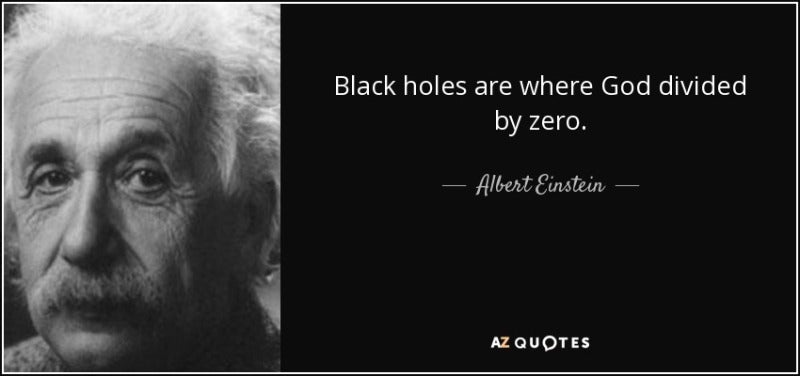















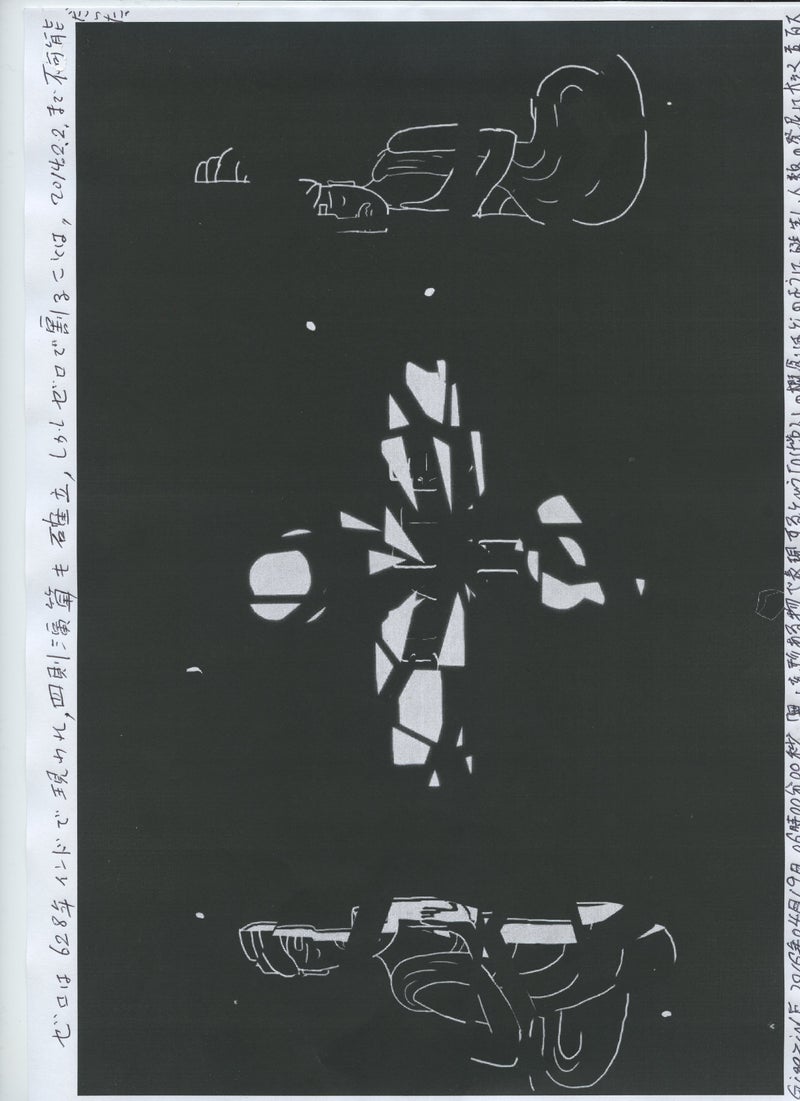


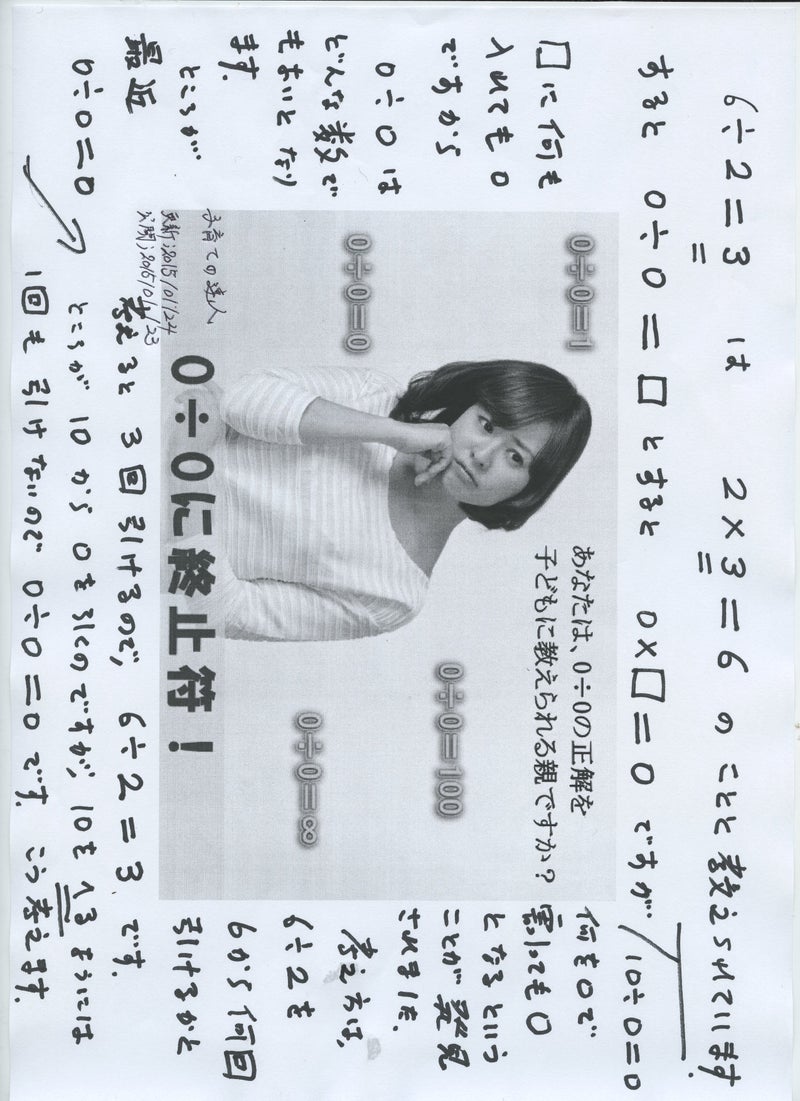






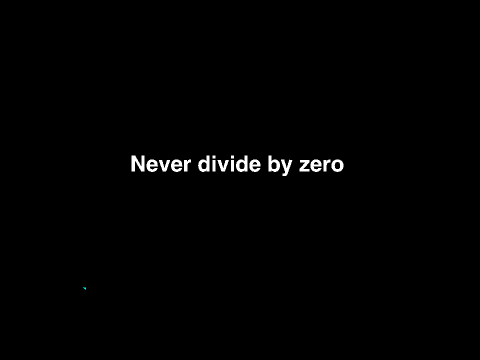
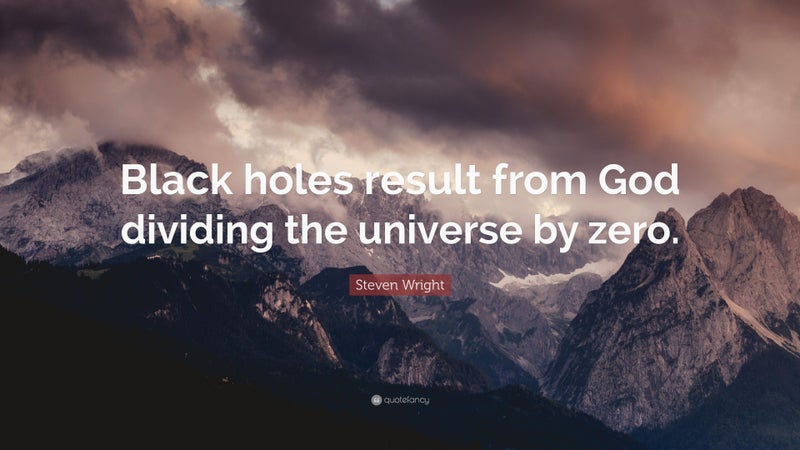


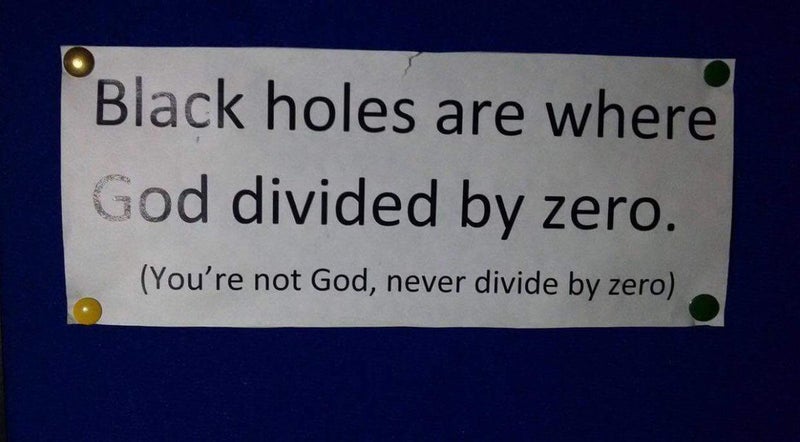
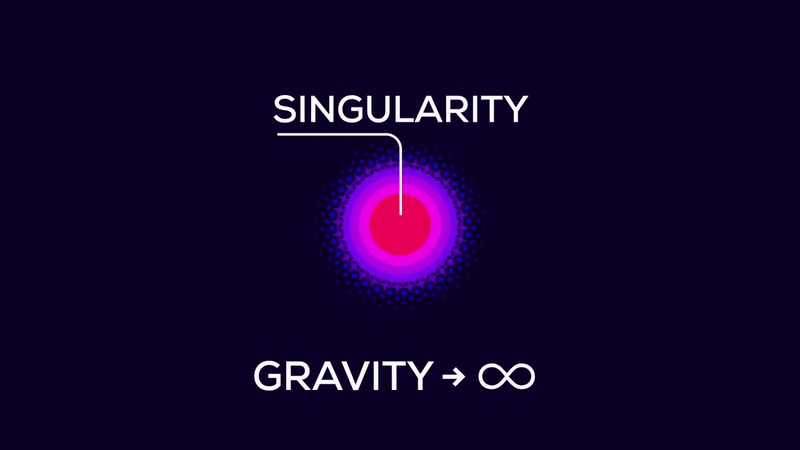



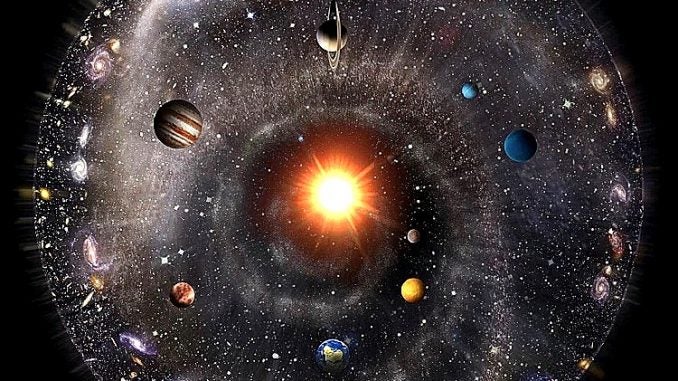



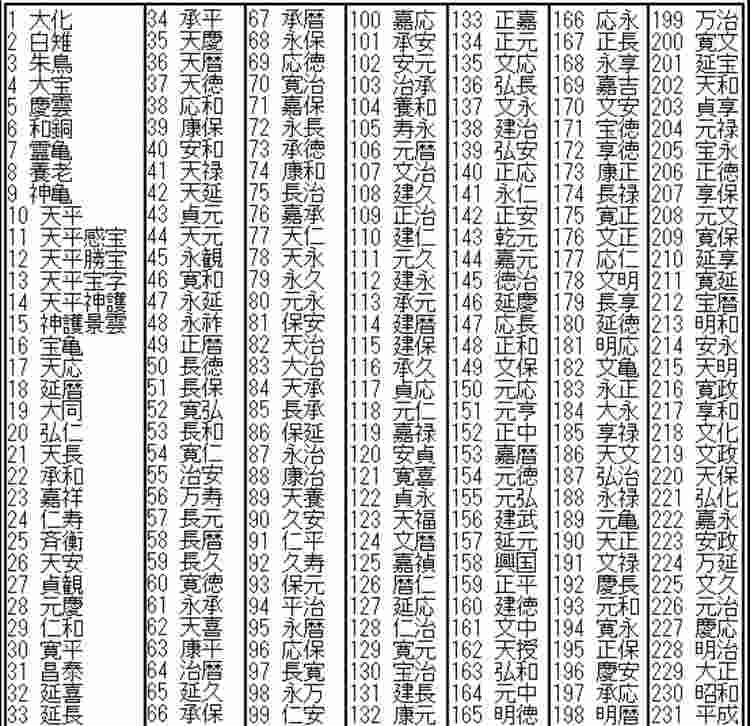





















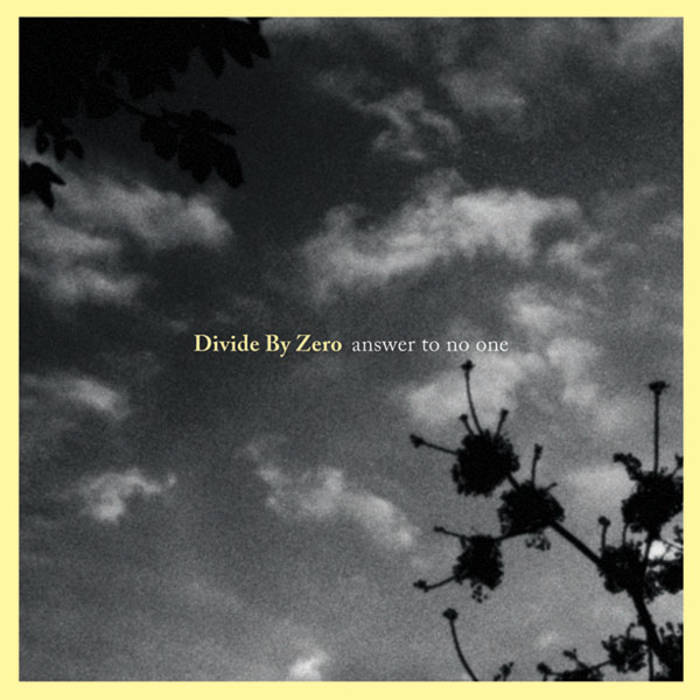


0 件のコメント:
コメントを投稿